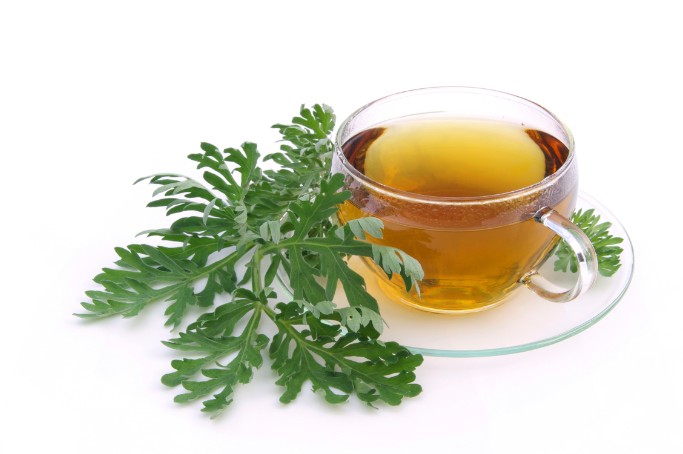From Bitter to Sweet: How Does Wormwood Cleanse the Body?
It addresses cholesterol, aids constipation, prevents gallstones and intestinal worms, and is also good for treating lice. Learn about all the benefits of wormwood (sheba) – not recommended for pregnant and breastfeeding women.

One of the more familiar beverages from the Moroccan kitchen, especially in winter, is tea with sheba. Beyond its refined taste, sheba has many uses in herbal medicine. One of the keys to understanding its important roles lies in its bitter and strong flavor. Most bitter herbs stimulate the secretion of bile juice and accelerate its flow. This helps eliminate waste materials from the liver and digestive tract.
One of the substances expelled through bile juice is cholesterol, thereby reducing its level in the blood. Another phenomenon occasionally encountered in people is 'fatty liver': the movement of bile juice produced in the liver creates general movement in the liver, and excess fat in the liver finds its way out through the bile juice. Since bile juice contains cholesterol and other fatty substances, proper flow of bile juice can also affect situations of constipation as the fatty substances assist in the smooth passage of waste outside the body.

Bitter herbs also assist in preventing the formation of gallstones. One reason for the formation of gallstones is improper flow of bile juice and precipitation of its contents (like cholesterol) in the gallbladder. Therefore, proper flow of bile fluid can reduce the possibility of gallstone formation. It should be noted that the use does not refer to consuming "tea with sheba" in one-time, occasionally, but in therapeutic doses that are somewhat more and consistent. Examples of similar herbs with similar properties known for liver stimulation are milk thistle and artichoke, which is from the milk thistle family and possesses similar properties.
Additionally, the bitter taste of the sheba can help in treating intestinal worms. Some use sheba infusions also for treating lice.
It should be noted that within a therapeutic framework, sheba should not be used during pregnancy and breastfeeding.
Eliyahu Shechter is an iridologist and natural therapist

